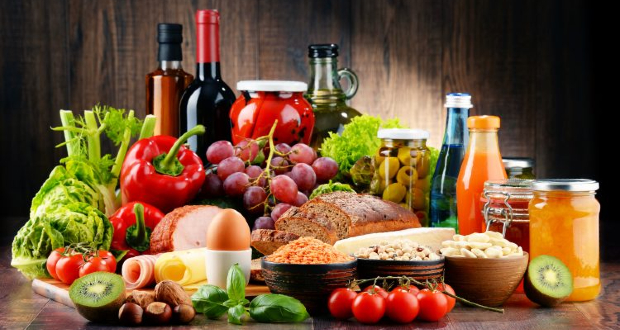The report details the influences, challenges and opportunities for brands and food producers. The report highlights the cost of living crisis and changing food preparation habits.
Vypr’s Sentiment Analysis found 65% of consumers are positive about proposed changes to supermarket foods.
Implementing the High Fat, Salt and Sugar (HFSS) legislation was the focus for 2022 for food producers. However, 47% of consumers were unaware of the legislation, despite 65% being positive about proposed changes.
Consumers are looking for healthier options, but Vypr’s research has highlighted negative views around poor taste – indicating that there is still work to be done around reformulations by food producers.
48% of consumers indicated they’d like HFSS reductions to ready meals, 42% on desserts and 35% on drinks.
With consumers not wanting to sacrifice on state, specific categories need to develop individual research of their target audiences. For example, 42% of consumers reported that they’d like to see reformulations to help reduce the levels of salt and sugar in their foods, with only 17% stating that they’d like have high HFSS ingredients in their products.
However, and 51% of respondents have noticed smaller pack sizes, indicating that producers have chosen to reduce size versus reformulation.
The cost of living crisis means budgets are still being squeezed, which is why the government has delayed the second part of the HFSS legislation until October 2023.
In addition, 57% of consumers stated they wouldn’t pay more for less healthy products, indicating that consumers aren’t willing to pay a premium for non-compliant foods either.
35% of consumers also return to the kitchen to save money by cooking from scratch. Traditional meals such as Shepherd’s Pie are on the menu, with consumers using slow cookers and air fryers in a bid to reduce energy consumption.
The demand for plant-based options continues, with 17% more people saying they planned to participate in Veganuary this year compared to 2022.
33% of respondents from non-vegan/vegetarian groups said they were somewhat interested in trying plant-based products, with 20% stating no interest. This is a positive sign as the market continues to grow, and brands will be able to broaden their products/portfolios to larger audiences.
Supply chain disruption affected decision-making in 2022. Most recently, the shortage of eggs due to the avian flu outbreak has meant customers have not had access to a regular supply, which has a greater impact on producers.
Consumers are apparently not opposed to the idea of food containing egg alternatives, with 47% of respondents stating that they would be willing to purchase these products. Baking has been particularly affected; consumers have found alternatives such as yoghurt (13%) or bananas (13%), but 38% of consumers said they wouldn’t bake an item if eggs weren’t available.
There exists an opportunity to provide more egg alternatives, as making from scratch at home is time-consuming versus a ready-to-use product.
Vypr founder Ben Davies commented: “2022 was yet another year of significant challenge for the food and drink industry, following two years of the pandemic. The Ukraine War, Brexit and the cost of living have created challenges for suppliers and consumers alike. We expect this trend to continue throughout 2023 as supply chains remain tricky and energy costs remain unpredictable well into the year’s first half.
He adds: “This doesn’t mean innovation needs to cease. There are huge advantages for brands to continue developing their products and propositions. Consumers are looking for healthier options and are willing to try new ingredients – they won’t accept increased prices with little or no increase in value. With high inflation, brands and producers must listen closely to consumers’ needs and identify key behaviours. Real-time and robust insights are vital as the market remains fluid.”
 Talking Retail Grocery and product news for independent retailers
Talking Retail Grocery and product news for independent retailers






